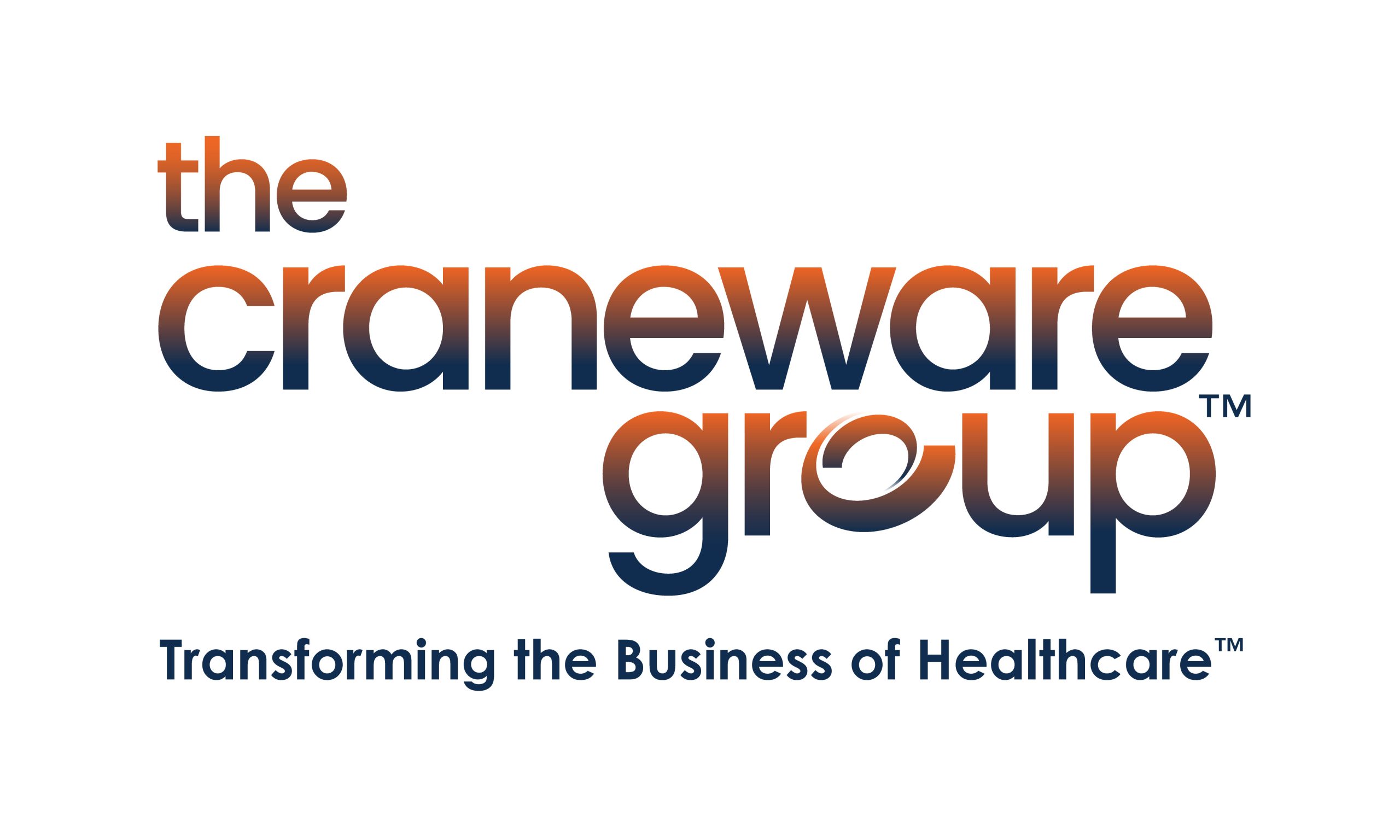Top 3 benefits of contracting with a specialty pharmacy for 340B
For many hospitals, choosing to contract with a retail pharmacy as part of your 340B strategy is a relatively straightforward decision, based largely on geographic proximity and convenience for patients, to support improved outcomes and continuity of care. But things get more complicated when it comes to selecting specialty pharmacies, with many business decisions to consider — including, but not limited to, which specialty pharmacies (including entity-owned specialty pharmacies) have; contracts with payers in your market, access to limited distribution drugs; best align with your policies and procedures and so on.
Having a specialty pharmacy under contract can substantially maximize your 340B benefits to enable you to serve more patients in your community, either as a complement to your retail pharmacy network or as a standalone component. Consider the rapid growth of specialty drugs, which Medicare defined as any drug that costs more than $670 per month in 2019. At $161 billion last year, they constituted about 50% of the overall prescription drug market, according to Acentrus, with 8 out of 10 new drugs approved by the Food and Drug Administration. That’s up from 29% of the market in 2015, making specialty drugs both the fastest growing and largest part of the Rx market as we reported in our blog from our participation in Asembia — the specialty pharmacy stakeholder conference.
Another consideration for covered entities is whether the specialty pharmacy is under contract with a payor in your market since insurance companies — not covered entities — dictate which specialty pharmacies are contracted and can dispense those specialty drugs. Additionally, some manufacturers utilize REMS programs, as a component of limited distribution networks.
While there are several reasons for hospitals to consider adding specialty pharmacies to their 340B program strategy, here are the three top benefits we have seen for covered entities that we work with:
1. You contract with fewer locations than with retail pharmacies.
When you contract with a retail pharmacy for your 340B program, one consideration is geographic proximity and ensuring that patients can easily pick up their prescriptions after leaving the hospital.
That’s not necessarily a consideration when it comes to specialty pharmacies, which usually ship drugs directly to hospitals or patients rather than filling them in a brick-and-mortar store. So for covered entities, fewer specialty locations usually mean less resource investment with higher potential 340B savings on the specialty drugs.
2. Fewer eligible claims yet greater benefits.
With a contract retail pharmacy, a covered entity may have to process tens or hundreds of prescriptions to realize a modest benefit. Because of the generally higher cost of specialty drugs, margins on 340B discounts are also significantly higher for covered entities — the average retail pharmacy prescription is $566 per month, while the average specialty drug prescription is $6,565, according to AARP. These greater benefits allow covered entities to subsidize patient care programs, charity care, and address healthcare disparities.
3. Your risk exposure is decreased.
With fewer claims, comes less exposure to audit and compliance risk. A covered entity has fewer claims to audit resulting in decreased audit and compliance risk from volume. Overall, fewer productivity expenses generates a greater percent of benefit creating a valuable return on investment to the covered entity.
As your 340B compliance engine, Sentry has the knowledge and expertise to assist covered entities interested in learning more about what contracting with a specialty pharmacy could mean for them. Contact us today for more information!





